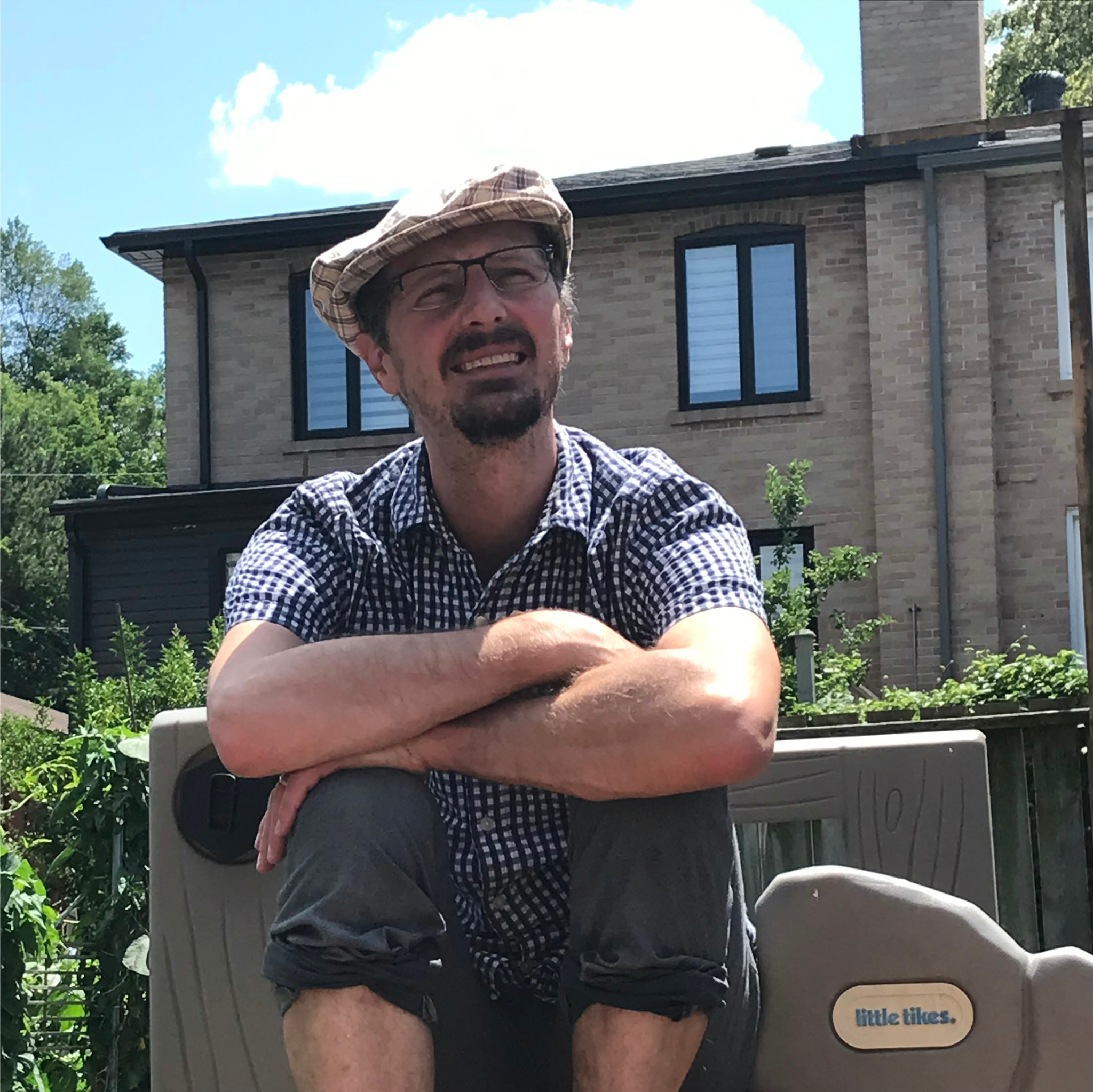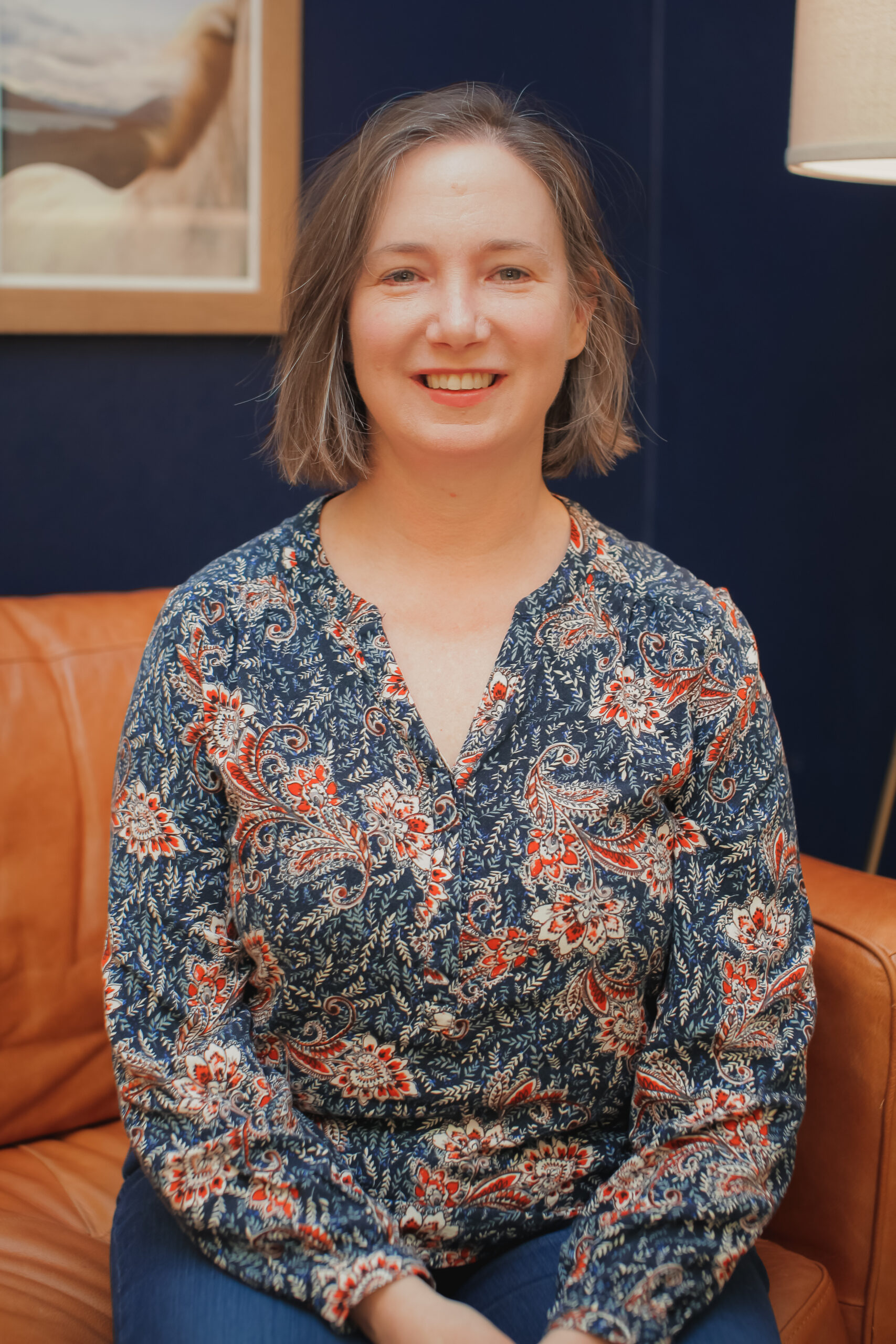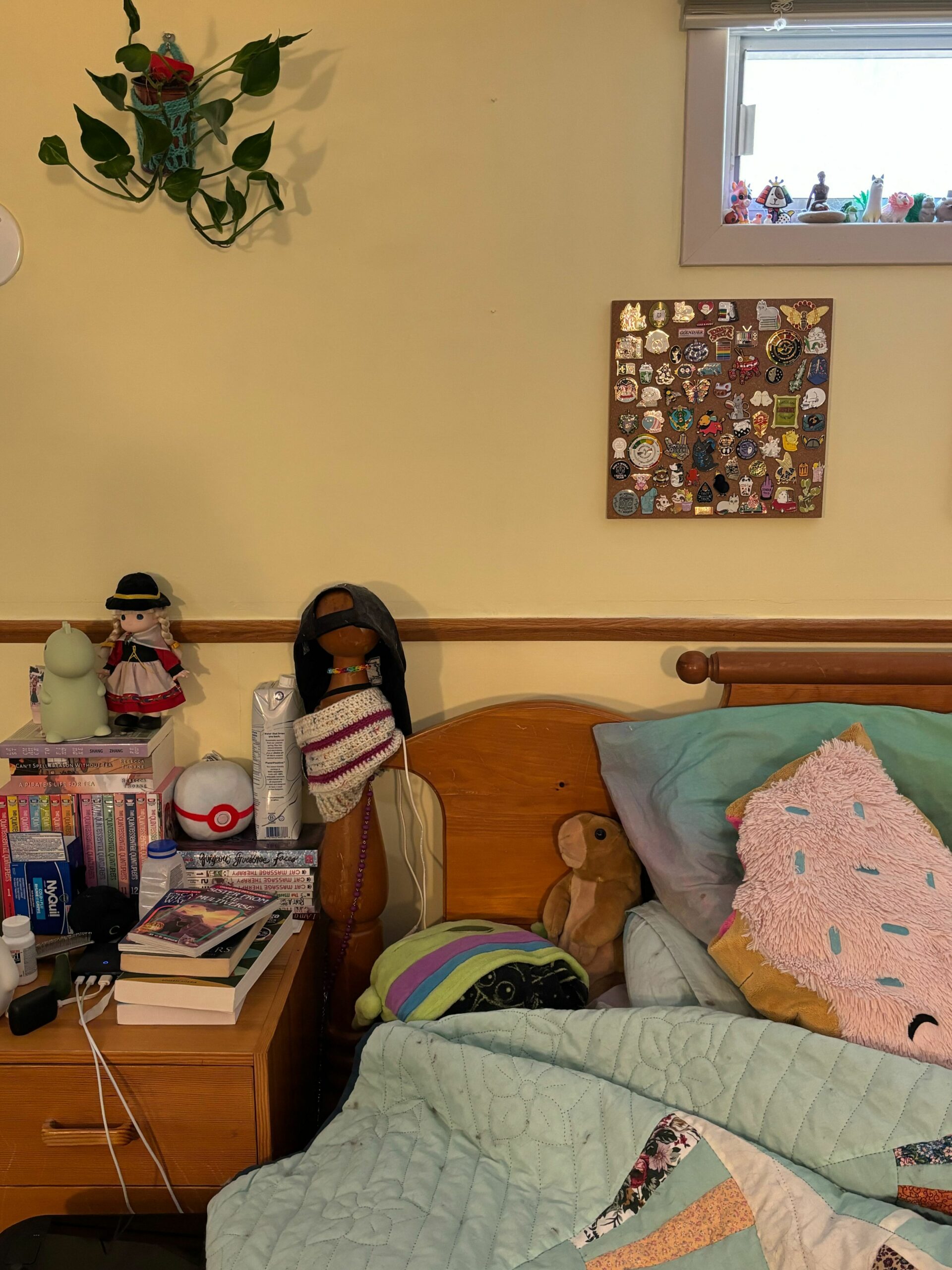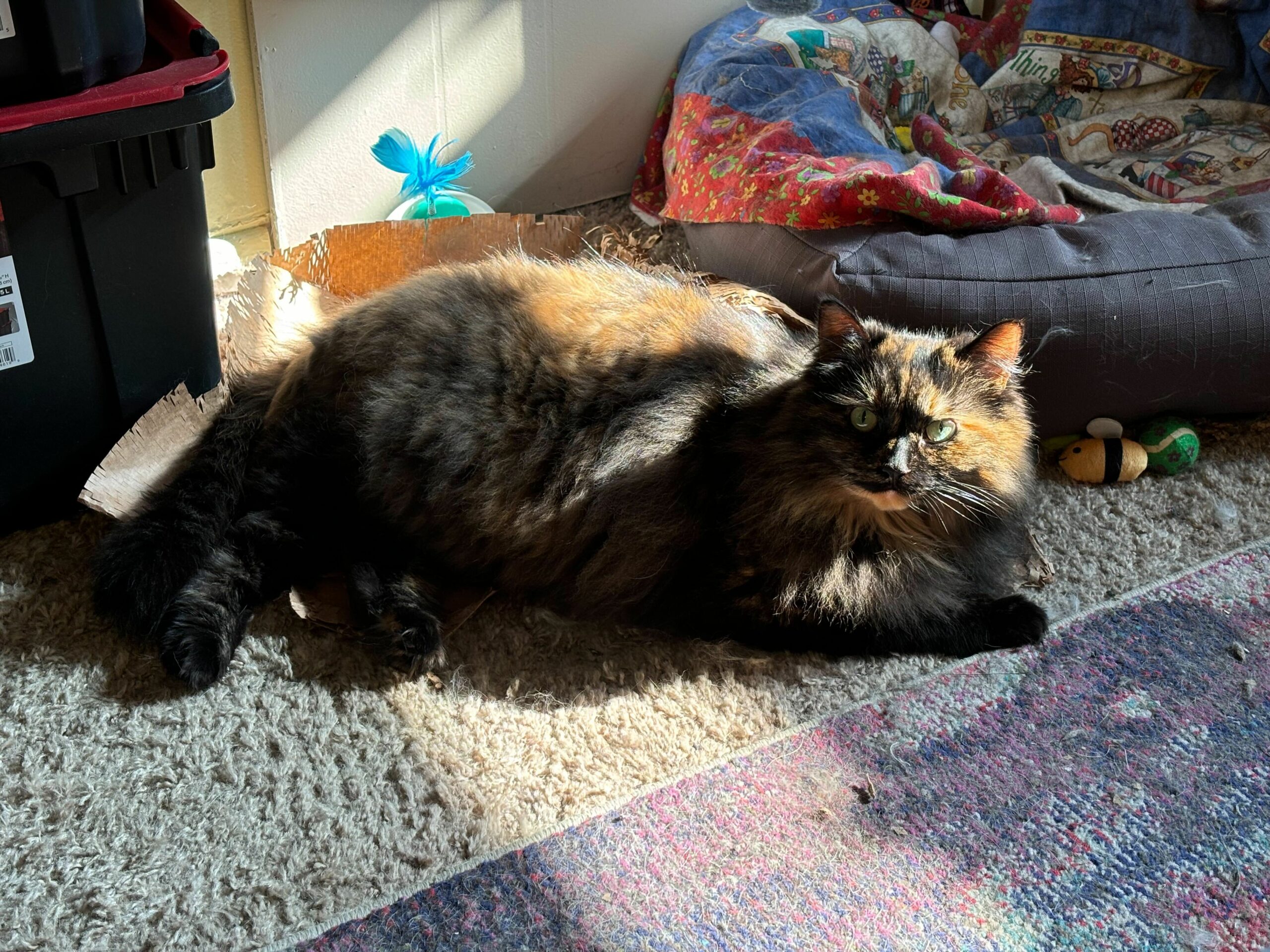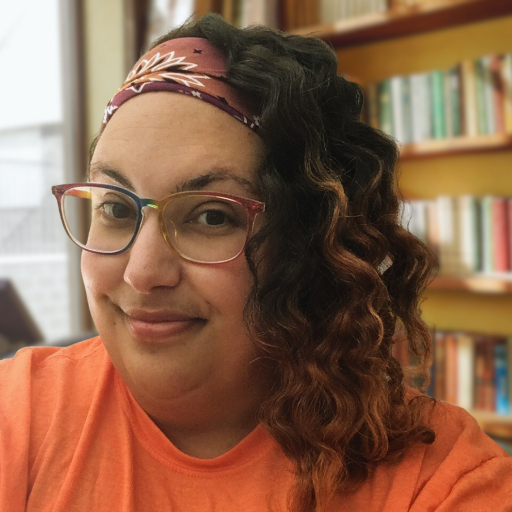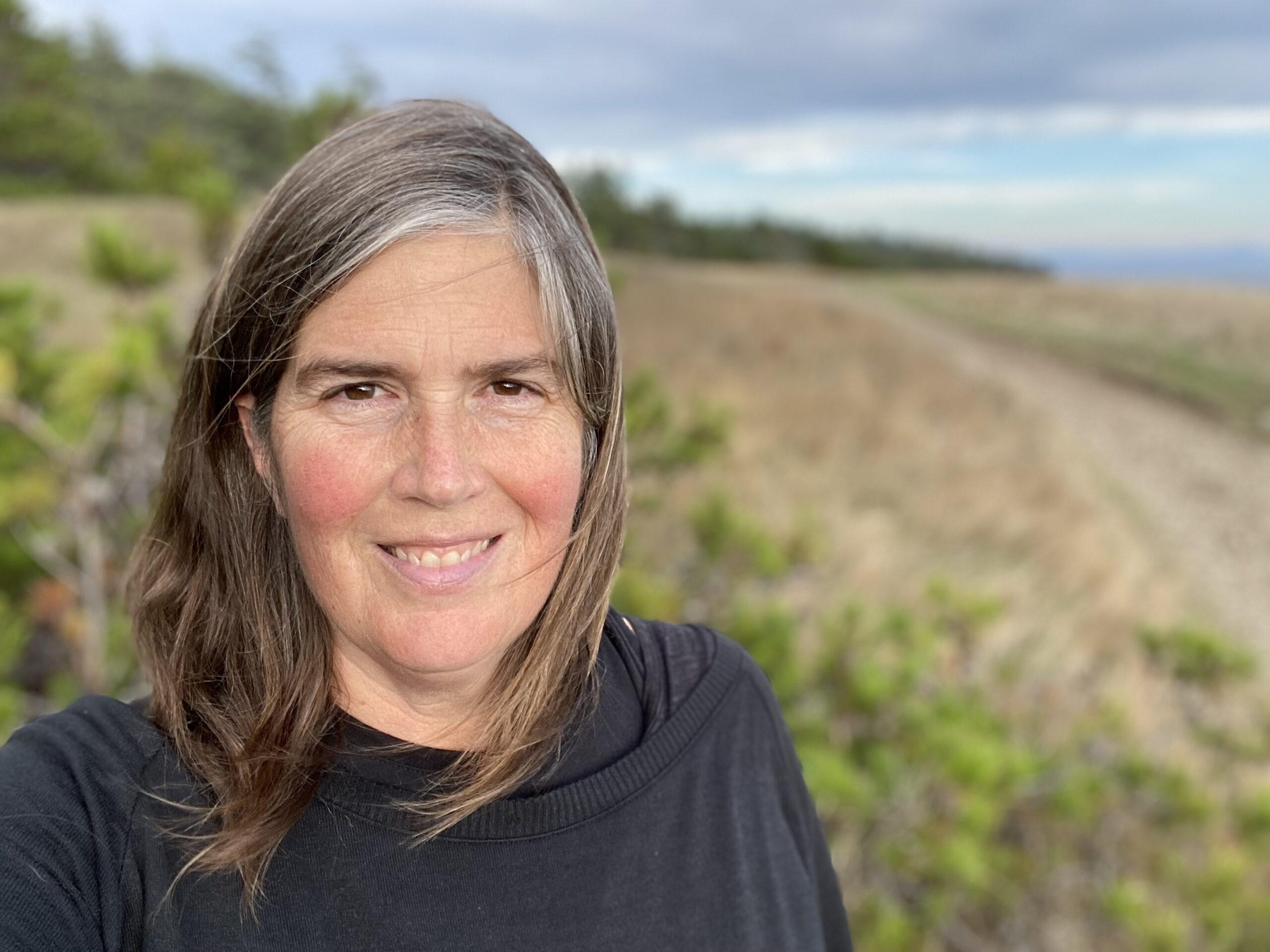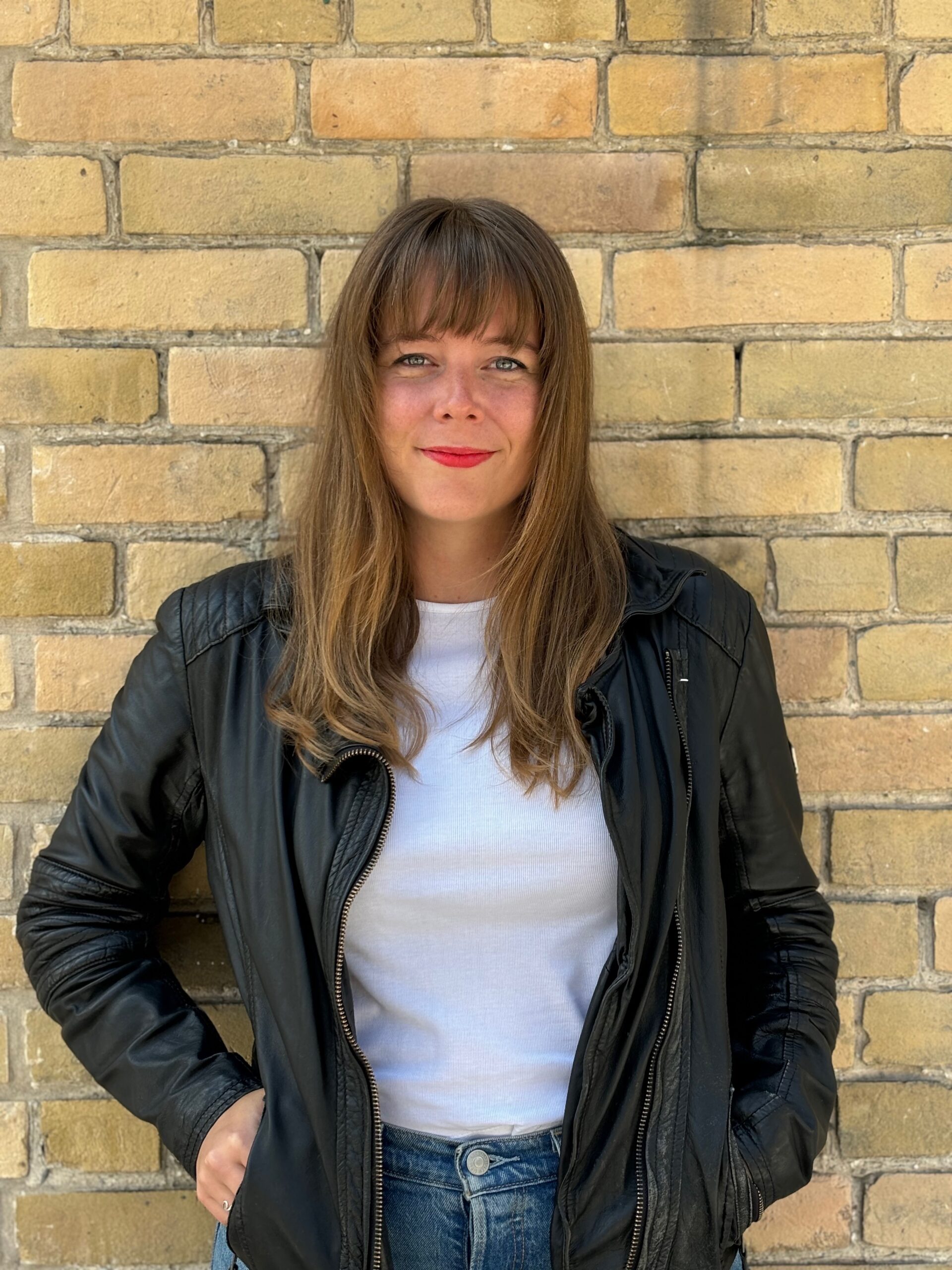“They approached hesitantly, lingering in shadows.”
by LouAnn Buhrows
“Empty fishing boat circling in waves.”
by CLArcher
“Trigger warning: The gun was loaded.”
by Avi Sirlin
“The world is hurting: be tender.”
By Nicholas Pimlott
“I’ll always love you. Trust me.”
By William Ross
“New house, new baby. He’s gone.”
By sutma pickle
“His abandoned ring, my everlasting freedom.”
By Connie Madoc
“He called. I went. He left.”
By eva kaln
“There is something wrong with me.”
By Michelle Weglarz
“Forget our last meeting. So embarrassing.”
By Simone Blais
“Wife took kids. Nothing on TV.”
By Ian Cockfield
“If you can read this: run.”
By Holly Veale
“Blood in toilet petrifies. Oh, beets!”
By MJ Malleck
“Humans exterminated yesterday as Earth burned.”
By Janet Barber
“Years later: Eyes meet. Love lingers.”
By S.L. Shuter
“Winds rise. Waves roll. Canoe also?”
By Storyteller Gordon
“He left. I hated being right.”
By Noelle Elizabeth
“Someone has been watering my plants.”
By Riel Brava
“The tattoo hurt more to remove.”
By Becky Blake
“Born human. Raised female. Became boundless.”
By Katharine Mussellam
“It doesn’t matter, but you do.”
By Trent Lewin
“She wraps blankets around homeless shoulders.”
By Carol Kavanagh
“Hands on wheel. Corpse in trunk.”
By C.S. Eisen
“You chew gum before seeing her.”
By Nadia Khan
“This is how you break the rules.”
By Penny Namesake
“Unloved mothers grieve their lost children.”
By Kim Alvarado
“Never thought saying no feels triumphant.”
By Padmaja Batani
“Tiptoe. Listen. Laughter. Kissing. It’s true.”
By Frances Koziar
“Free bloodstained wood chipper will deliver.”
By L.A. Douglas
“Drat. Mistook shopping list for recipe.”
By Murray B
“On hold. Urgent care. Fingers crossed.”
By A.K.E Castle
“Sophronia chewed the man’s esophagus, shrugging.”
By Renee Francoeur
“Perhaps evolution made artificial intelligence inevitable.”
By Mary W. Walters
“Now I understand the tattoo thing.”
By Susana Molinolo
“Her dilemma? He’s thirty years younger.”
By skoop
“Once upon a time, happy ever after.”
By Mae Plett
“One ring. Two glasses of champagne.”
By Leslie Andrews
“You idiot! That was not water!”
By melodie reay
“Then, father shot my other one.”
By Anne McLeod
“Wings changed how dragonflies approached boulders.”
By Kimberly Peterson
“My adoption story and Metis discovery.”
By Mickey
“Dreaming still, Joe climbed beyond rescue.”
By Deborah Clemence
“They took me in. I’m still here.”
By Lenna Halkes
“She climbed, dead-tired, into mother’s womb.”
By Orna
“Be indifferent. See if I care.”
By Heather Cameron
“She searched, fruitlessly, into the night.”
By LouAnn Buhrows
“Red star. Everyone’s gone. I’m alone.”
By A.G.G
“These lies are all we have.”
By John Vardon
“However, the dog resurfaced alive downriver.”
By Gwen Swick
“The moment after the music stops.”
By Deirdre O’Hara
“Clary clashed with Clara’s citron paramatta.”
By Stephen Silvester
“Her menopausal head-scratcher: she was pregnant?”
By EJ Crosland
“In our last photo, you’re lying.”
By A.M. Lang
“Congratulations! Sorry it took so long.”
By Gayle Belsher
“Born hopeful, she’s defeated, triumphant, restored.”
by Jane Harris
“Blue, he sighs at dawn’s gold.”
By Carol Kavanagh
“An old Harlot Charlotte sung.”
By D.K.
“In the end, she became thee.”
By Tamalam
“‘Put down that knife!’ ‘No!’ Bang!”
By Moo
“Amid broken plants, Buddha, and halls.”
By Biswajit Mishra
“No sad songs. Jackets, if possible.”
By Rosa Frank
“Tie-dye and pearls bespoke shifting perceptions.”
By Liz Gauthier
“The morning sickness was worth it.”
By J.R. Chapple
“Purple Martins invaded. Mosquitoes dissipated, elated.”
By Janet Frances Lopes
“Family photograph; only one brother now.”
By pauline gauthier
“‘Freedom’ saltwater swim under a classical sky.”
By Eleanor Fuller
“Jasper missed his mind the most.”
By Laurel Mae Hislop
“Caged beefsteak tomatoes liberated, farmer furious.”
By Murray B
“Select, detect, direct, reject, deflect, connect.”
By Winston Lindsay
“Muster station: guests suspect each other.”
By Astrid Egger
“Casket exhales garlic. Porco miseria nonno.”
By Ace Castello
“Conditions change consciousness. Consciousness changes conditions.”
By Jim
“Drowning, Tommy’s scared Mommy will yell.”
By J. Chartier
“Went on a safari. Got too close.”
By Tess Canfield
“The steam encircled, then faded away.”
By LouAnn Buhrows
“Relearning how to play – new parent.”
By kjmunro
“Character assassination: revenge in my cities.”
By Murray B
“Dug a hole. ‘Here she lies.’”
By anthony
“Is she laughing? Curses, weeping. Rabies.”
By Heather Cameron
“Amber Alert: inconvenient complaints; grieving mother.”
By Tiffany Roberts
“In love, I speak fluent food.”
By Belle Auld
“Sweep’s boy grew up to swing.”
By Chatel
“Jaysus! Carpenter? Nail through my hand.”
By Ace Chateau
“Boy with bat. Kitty-cat splat.”
By Mark Morton
“Indissoluble, thirteen years; apart even longer.”
By Taylor
“Space flight. Whoops! Aliens saved us.”
By Barbara Lehtiniemi
“Ball-less man recovers from traumatic divorce.”
By Danette Byatt
“Orgasmic evening, just wifi and I.”
By A.K. Fifty Seven
“Rupture: A void full of contempt.”
By Silvenspire
“Remember not to proofread Grimoires aloud.”
By Robert Runte
“Misplaced: White, heterosexual female. Resolution TBD.”
By lucy
“Torquing spine’s tough spirit transcends scoliosis.”
By Doley Henderson
“Eloquently, she returned his used t-shirt.”
By Angélique Lalonde
“In writing, never sink. Always soar.”
By Garret Dwyer Joyce
